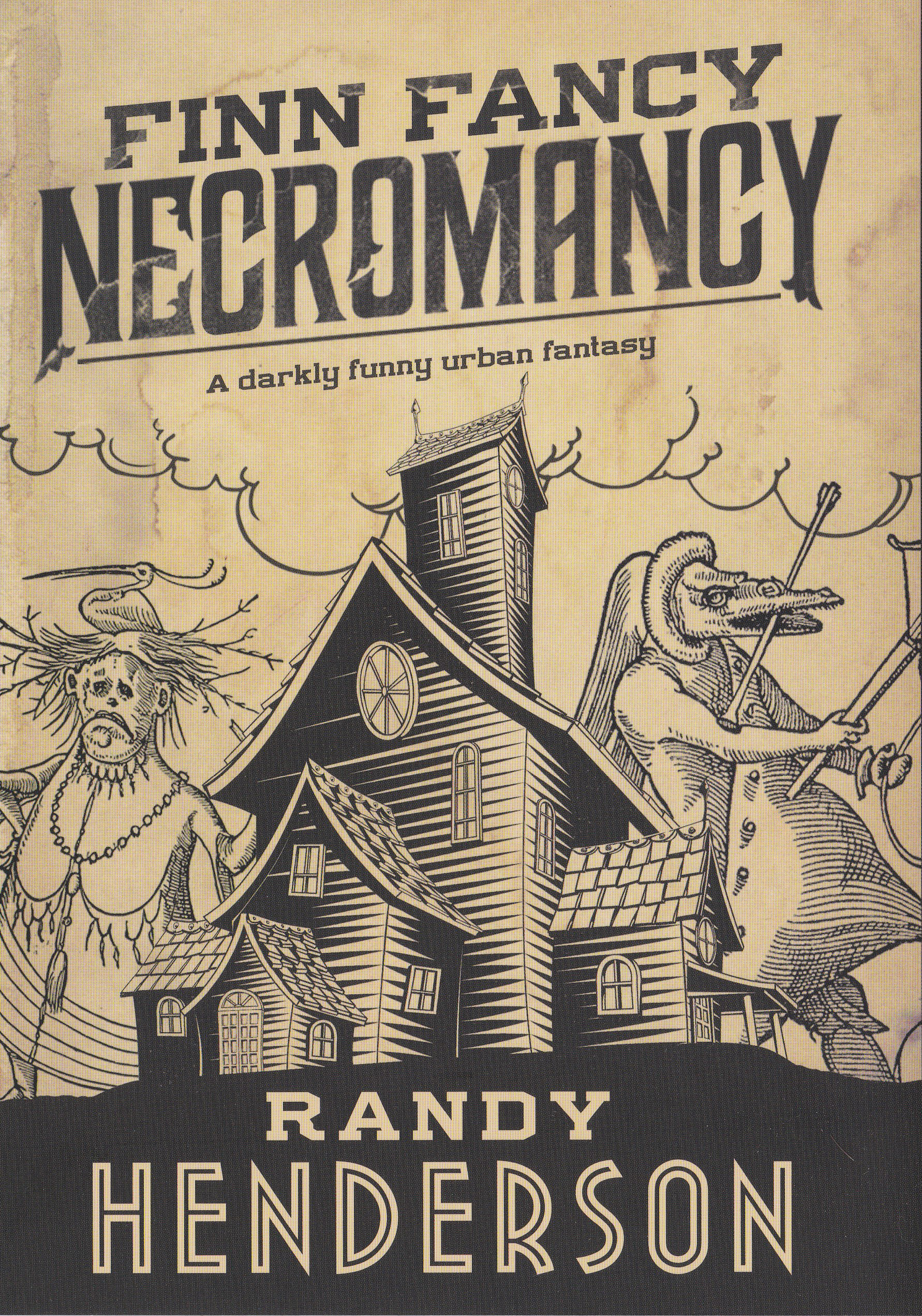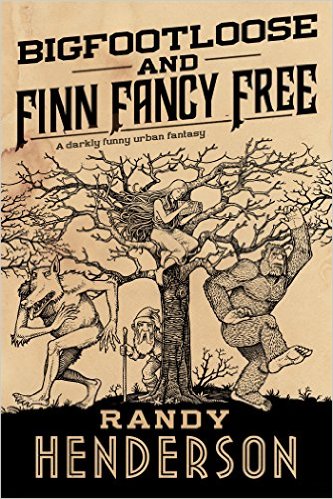I haven’t weighed in on Tempest’s challenge because others said what I would have said quite well.
But this morning as I read yet another bit of concern over it, I realized that many people who are reacting to it are writers (and many who are reacting negatively are white male writers who fear this is an attack on their writing and/or livelihood), and for writers, there is an obvious solution: treat it as a writing critique.
If someone tells you that there’s something wrong with your story, you should not take it as a condemnation of who you are, it is a critique of the problems in the story.
Sometimes the critique is more about the critic’s own tastes or how they would write the story, and doesn’t fit your story. Most often, the critique points out a valid problem with your story, but the critic goes one step further to suggest a specific fix that doesn’t really fit what you want to do with the story. But their suggestion is just that, a suggestion. And most importantly, just because you disagree with their suggestion doesn’t mean there isn’t an issue that needs to be addressed.
If one person points out a problem but nobody else seems to have noticed, maybe it isn’t a problem you need to address. But if the vast majority of people who read the story all agree on the same problem, then it is one that needs to be addressed — even if it requires you to change something you feel incredibly attached to in the story — and you just have to figure out how best to do so, in a way that fits your tastes and your goals with the story.
Not a perfect analogy, mind you, and I may be opening myself up to a bunch of ad hominem attacks and people focusing on some specific imperfection in the analogy rather than the larger point, but I hope it is a useful analogy nonetheless.
Tempest did not come in and try to steal your story. She did not try to edit it herself without your permission and dictate how the story must be. She made several suggestions for how we might fix a major problem in the story — not even unique suggestions, but suggestions based on what others have suggested and done themselves before, and proved to work. You can choose to take those suggestions, or not. But either way, the problem her suggestions highlight is very real, and needs to be addressed if this story is going to be a truly good story and enjoyed by all.
So look at the problem, and decide how YOU want to best fix the story.
For my own part, I fully support accepting Tempest’s challenge. In fact, when I won Writers of the Future, I used my acceptance as an opportunity to give a five minute speech about the value of diversity in our genre and the power of story to allow us to experience lives unlike our own. I specifically encouraged people to seek out diverse voices like NK Jemison, Nalo Hopkinson, Nnedi Okorafor, and Nisi Shawl.
And I still feel that way, even with my own debut novel just released.
But for me that is, ironically, also a decision that comes somewhat from privilege, because I am not currently financially dependent on my writing (though it certainly helps), and not too concerned about whether the performance of my debut will make or break my writing career (though I have all the natural fears of a writer in today’s uncertain publishing world).
But even so, from a practical standpoint, I know that not everyone will accept the challenge outright. Some already read diversely. Some will balance reading books chosen specifically for a diverse viewpoint with books by authors they love, or friends who don’t necessarily fit a single category. Some will simply feel it unnecessary or even hostile, though I obviously would disagree.
Don’t get me wrong. I also recognize there are a lot of decent and kind debut or struggling authors out there who legitimately fear their dream will die or become unrealistically difficult if nobody buys their perfectly wonderful debut book, or who desperately need the income book sales bring them. I don’t feel their concerns are any less valid than the concerns that prompted Tempest’s challenge. Different in scope and history and level of negative consequences, yes, but no less valid. One does not negate nor trump the other.
We are complex. We contain multitudes. You can have two conflicting desires, such as to support diversity but also want your book, the child of your dreams and years of hard work, to do well when you send it out into the world, and I think that is normal and okay.
What is not okay is to be a jerk about it, or to react out of fear and lash out, to take a suggestion as some kind of dictate or call to punish. Any more than it is okay to take someone making a legitimate suggestion to fix a real problem with your story, treat it like a personal attack, and lash out at the critic who is, in the end, just trying to make your story richer and stronger, someone trying to help you grow as a writer and help your story to reach a much wider audience.
And frankly, that is exactly what reading diversely can help do for your writing, and you as an individual, as well.











